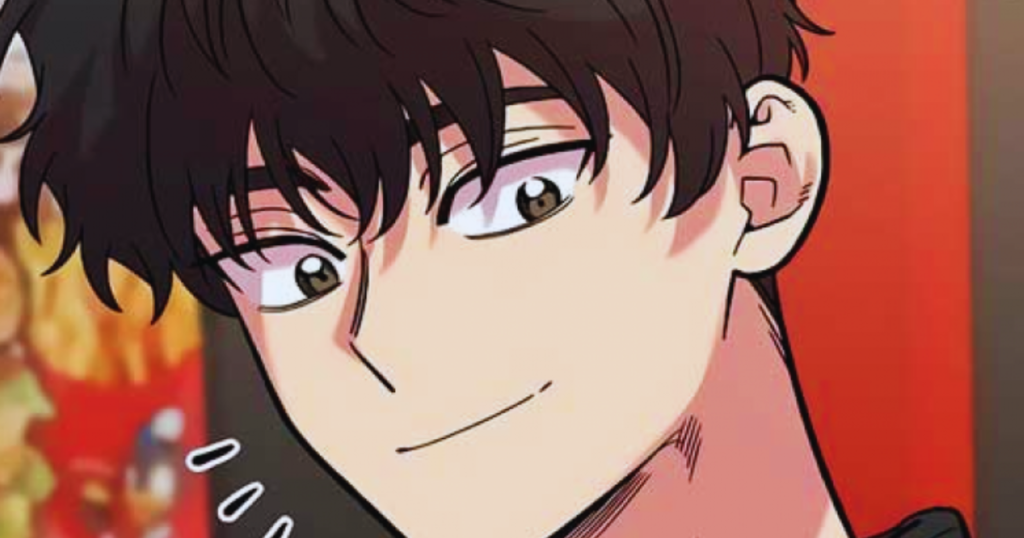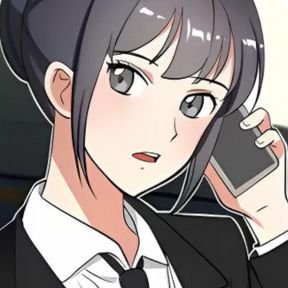Get ready to dive into the world of the Childhood Friend Complex MangaBuddy style. This romantic trope has stolen the hearts of manga fans everywhere, turning innocent childhood connections into explosive love stories that keep readers on the edge of their seats. Whether you’re a die-hard romance manga enthusiast or a curious newcomer, the childhood friend narrative promises an emotional rollercoaster that’ll make your heartbeat. Did you know this beloved trope has become a cornerstone of romantic manga storytelling, captivating millions with its unique blend of nostalgia, tension, and deep emotional connection?
What is the Childhood Friend Complex?
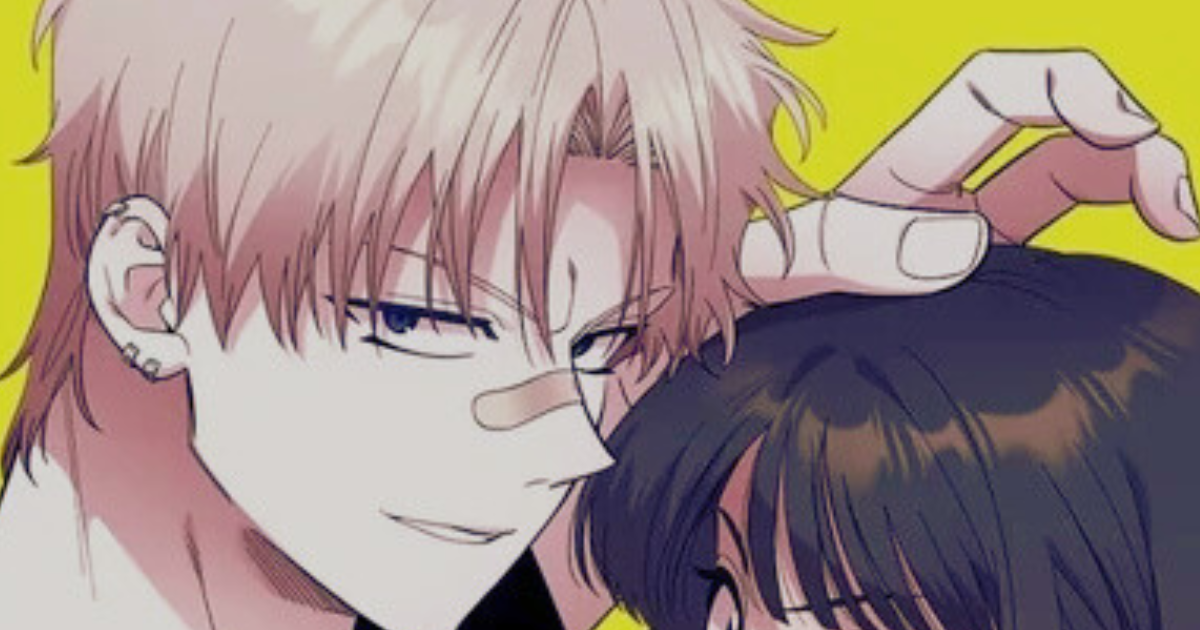
Let me tell you, the childhood friend complex is way more complicated than it sounds. It’s basically that magical (and sometimes totally frustrating) romantic trope where two people who’ve known each other since they were kids suddenly realize they might be more than just friends.
I remember watching my first manga that featured this storyline, and wow, was it a game-changer. The dynamic is all about those deep, pre-existing connections that run way deeper than a typical romantic relationship. Imagine knowing someone so well that every glance, every tiny gesture means something profound. It’s not just about attraction it’s about years of shared memories, inside jokes, and understanding each other on a level most couples could only dream of.
In the manga, this trope typically plays out with two classic character types: the oblivious protagonist who doesn’t realize their best friend is head over heels for them and the patient friend who’s been secretly nursing romantic feelings for years. Sometimes, these stories drag out the romantic reveal for what feels like forever, which honestly makes the payoff so much more satisfying.
Practically speaking, the childhood friend complex explores some fascinating psychological territory. It’s about trust, familiarity, and that incredible transition from platonic love to romantic love. The characters have basically seen each other at their absolute worst and best and still want to be together.
Origins of the Childhood Friend Complex in Manga
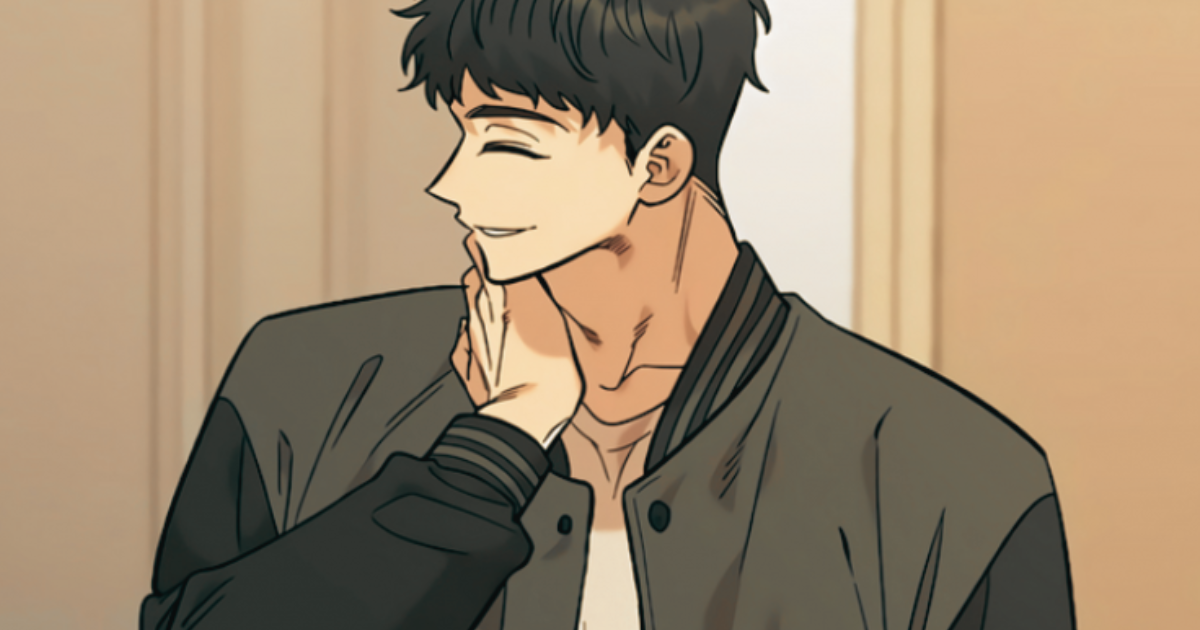
Buckle up for a storytelling journey that’s as old as time or at least, as old as Japanese romantic narratives. The childhood friend complex didn’t just pop up overnight. It’s deeply rooted in cultural storytelling traditions that value long-standing relationships and emotional depth.
Back in the day, Japanese media started exploring these intricate relationship dynamics as a way to showcase character growth and emotional maturity. Unlike Western romance narratives that often focus on instant attraction, Japanese storytelling loved diving into the slow burn of relationships that developed over the years.
I’ve read countless manga and anime that showcase this beautifully. It’s like watching two puzzle pieces slowly, painfully, magnificently finding their way to each other. The origins of this trope are basically a masterclass in emotional storytelling – showing how love isn’t just about initial attraction, but about truly knowing and accepting another person.
Interestingly, this narrative style reflects some deep cultural values. In Japan, long-term relationships and understanding someone’s entire journey are super important. The childhood friend complex isn’t just a cute romantic device – it’s almost a metaphor for personal growth and commitment.
What makes this trope so compelling is how it transforms ordinary moments into extraordinary emotional experiences. A shared childhood memory becomes a gateway to understanding someone’s entire soul.
Common Narrative Patterns in Childhood Friend Stories
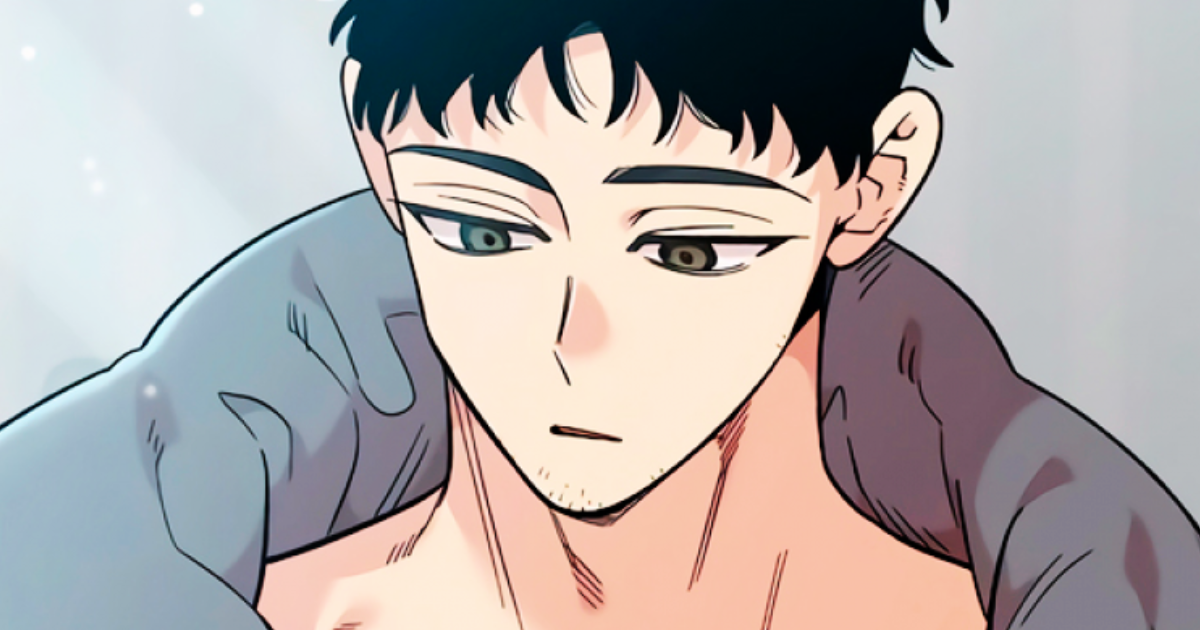
Oh boy, do I have some insights into the classic patterns of childhood friend narratives? These stories might seem predictable, but trust me, they’re anything but boring.
First off, there’s the classic always been their character. This is typically the friend who’s been quietly supporting and loving the protagonist for years, often sacrificing their own happiness. They’re the unsung heroes of this manga, and let me tell you, they deserve all the love and recognition.
The narrative typically follows some pretty consistent patterns. You’ve got your unresolved romantic tensions, those awkward moments where feelings are just bubbling under the surface. Then comes the inevitable obstacle – maybe another love interest, a misunderstanding, or some life circumstance keeping them apart. The magic is in how these obstacles are navigated.
Character growth is huge in these stories. It’s not just about falling in love – it’s about two people evolving together, supporting each other’s dreams, and becoming better versions of themselves. I’ve seen manga where the childhood connection becomes a powerful catalyst for personal transformation.
One of my favourite variations? The mutual pining scenario. Both characters are into each other but are too scared or oblivious to make a move. The tension is delicious, and when they finally get together, it feels like a massive emotional payoff.
Popular Manga Featuring Childhood Friend Complex
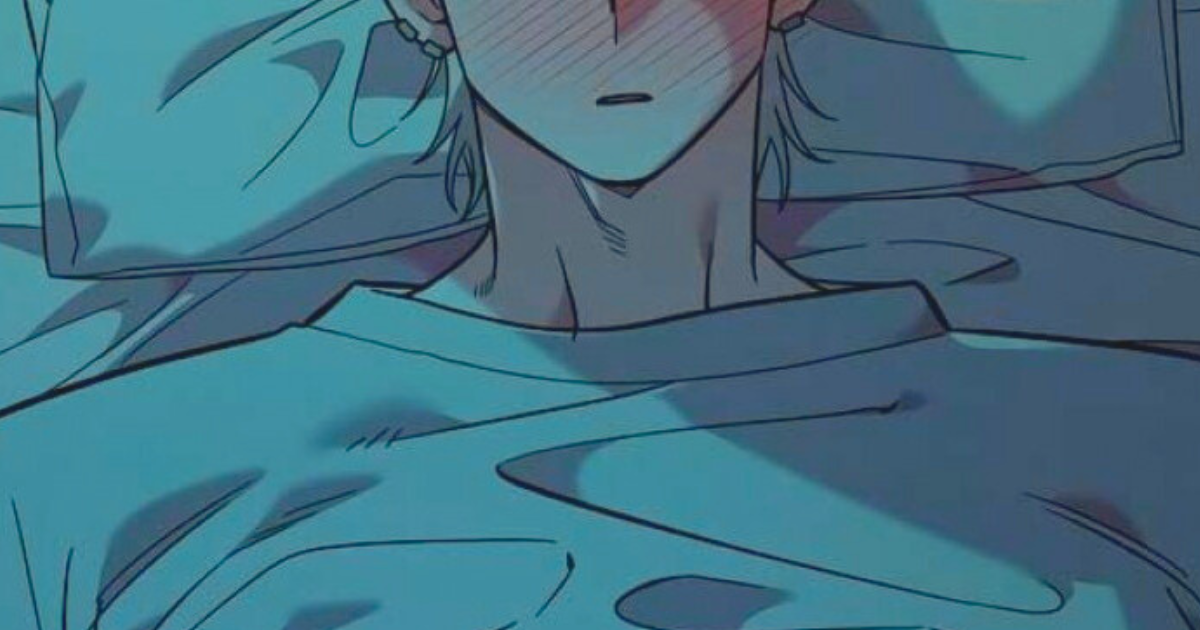
These series are the gold standard of the childhood friend complex and trust me, I’ve done my homework.
Kimi ni Todoke absolutely nails the childhood friend narrative. It’s a masterpiece of slow-burn romance where the protagonists’ connection feels so genuine, that you’ll be rooting for them from page one. The character development is the chef’s kiss – showing how deep understanding can transform a relationship.
Another absolute gem is Nisekoi. While it plays with the childhood friend trope a bit differently, it’s a rollercoaster of emotions and connections. The series brilliantly explores multiple relationship dynamics, keeping readers guessing about ultimate romantic outcomes.
For those who love a more dramatic approach, Toradora offers a complex take on childhood connections. The characters’ relationships are layered, messy, and incredibly human. It’s not just about romantic love it’s about understanding someone’s entire emotional landscape.
What makes these manga stand out isn’t just the romance – it’s how they portray friendship as the ultimate foundation of love. They show that true connection goes way beyond physical attraction.
Psychological Appeal of the Childhood Friend Complex
The childhood friend complex taps into something super primal – our deep human desire for emotional safety and understanding. It’s like finding your human comfort zone wrapped up in a romantic package.
Think about it. Most romantic stories are about discovery, but childhood friend narratives are about recognition. These characters don’t just fall in love – they’ve witnessed each other’s entire emotional journey. They know every quirk, every embarrassing moment, every dream and fear. That’s intimacy on a whole different level.
The psychological magic happens in those moments of transformation. When friendship quietly shifts into something more, it’s like watching a beautiful, slow-motion emotional metamorphosis. The trust is already built. The foundation is rock solid. All that’s left is to fall deeper.
What makes this trope so compelling is how it challenges traditional romantic narratives. Instead of the classic love at first sight scenario, we’re seeing the love that’s been simmering, growing, and evolving over the years. It’s not about sudden passion – it’s about sustained, deep connection.
The childhood friend complex basically proves that the most powerful love stories aren’t about dramatic first encounters. They’re about truly seeing and accepting another person.
MangaBuddy’s Role in Promoting Childhood Friend Complex Manga
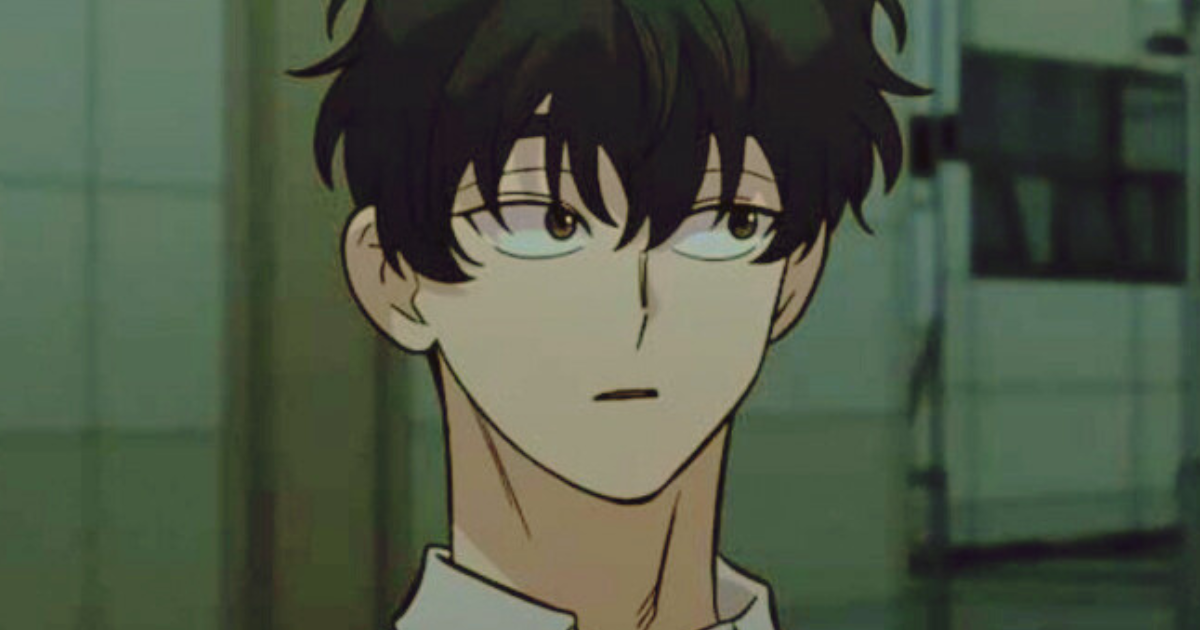
MangaBuddy is basically the unsung hero of romance manga discovery. This platform isn’t just a reading site; it’s a community, a recommendation engine, and a matchmaker for manga lovers.
What makes MangaBuddy special is its incredible curation. Their algorithms don’t just throw random recommendations at you – they understand the nuanced world of romantic tropes. Want to dive deep into childhood friend narratives? MangaBuddy’s got your back.
The community features are where the real magic happens. User reviews, discussion forums, and reading lists are like having a massive global book club dedicated to romance manga. People share their favorite childhood friend complex series, break down character dynamics, and create incredible, passionate conversations.
Through MangaBuddy’s recommendation system, I’ve discovered some of my absolute favorite manga. It’s not just about quantity—it’s about quality. They understand that not all childhood friend stories are created equal, and they help readers find those truly exceptional narratives.
Engage with the MangaBuddy community. The recommendations and insights are pure gold.
Conclusion
The Childhood Friend Complex MangaBuddy phenomenon is more than just a romantic trope it’s a captivating exploration of love, trust, and connection. From heartwarming narratives to complex character dynamics, these stories continue to enchant manga readers worldwide. Whether you’re a longtime fan or a curious newcomer, the childhood friend complex offers a unique lens into the depths of human relationships.
FAQs: Childhood Friend Complex MangaBuddy
What exactly is the Childhood Friend Complex in manga?
The Childhood Friend Complex is a popular romantic trope where two characters who have known each other since childhood develop romantic feelings. It typically involves deep emotional connections, shared memories, and a relationship that evolves from friendship to romantic love.
Why is the Childhood Friend Complex so popular on MangaBuddy?
MangaBuddy users love this trope because it offers a unique blend of nostalgia, emotional depth, and genuine character development. The stories provide a more nuanced approach to romance, focusing on long-standing connections and mutual understanding.
Are there different types of Childhood Friend Complex storylines?
Absolutely! Variations include the oblivious protagonist, unrequited love, mutual pining, and slow-burn romances. Some stories feature characters who have always been aware of their feelings, while others explore the gradual development of romantic emotions.
Where can I find the best Childhood Friend Complex manga on MangaBuddy?
MangaBuddy offers a dedicated section for romance manga, with filters and community recommendations. Look for highly-rated series, check user reviews, and explore curated lists that specialize in the childhood friend trope.
Is the Childhood Friend Complex only found in romance manga?
While most prominent in romance genres, this trope can appear in various manga categories, including slice of life, drama, and even some comedy series. It’s a versatile narrative technique that explores deep emotional connections.
What makes a good Childhood Friend Complex story?
The best stories feature authentic character development, genuine emotional depth, and a believable progression from friendship to romance. Look for narratives that explore the characters’ shared history and personal growth.
Can I discuss Childhood Friend Complex manga with other fans on MangaBuddy?
Definitely! MangaBuddy offers community forums, discussion boards, and comment sections where fans can share recommendations, discuss their favorite series, and connect with other manga enthusiasts interested in the childhood friend trope.
